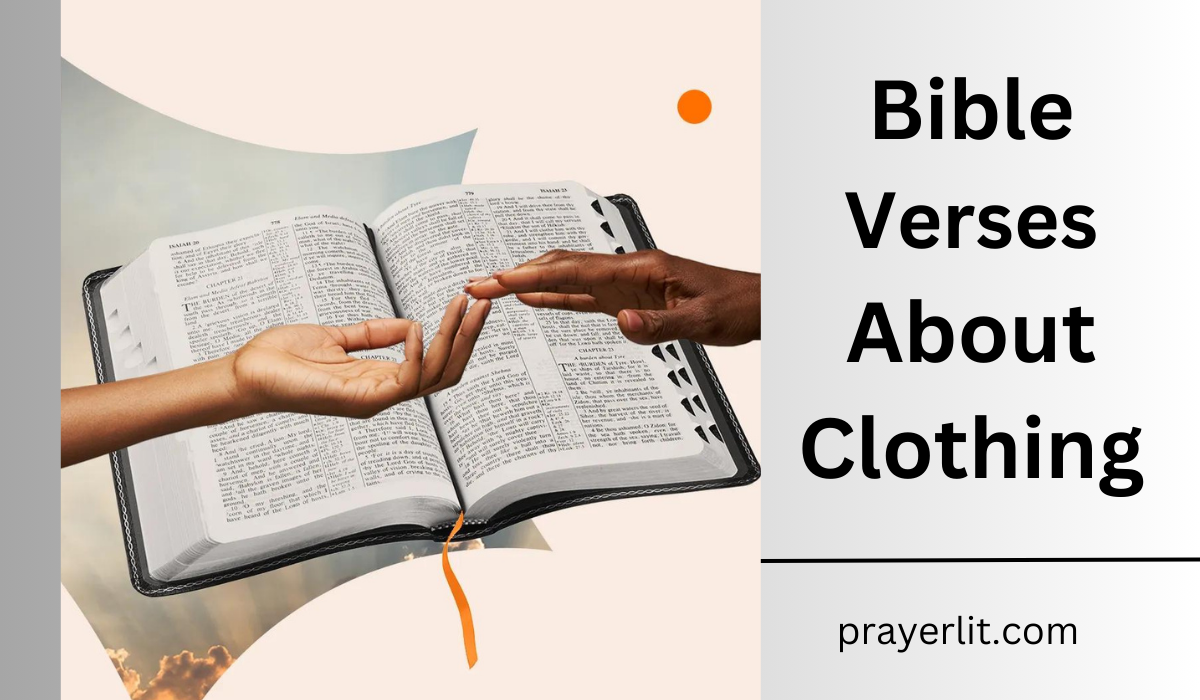In the Bible, clothing carries great significance and often symbolizes spiritual truths, identity, and divine provision. Clothing is intricately linked to the themes of divine care and holiness throughout Scripture, from the garments God provided Adam and Eve after their fall to the meticulous specifications for priestly attire in the Old Testament. Bible verses about clothing serve as a reminder of God’s provision for our physical needs and His desire to spiritually clothe us in righteousness and dignity.
In the Bible, clothing serves as a metaphor for an individual’s spiritual condition. For example, the phrases “clothed with strength and dignity” from Proverbs 31 and “armor of God” from Ephesians emphasize that our external behaviors are a reflection of the internal change brought about by God. These verses motivate us to seek a life characterized by holiness, humility, and grace, as we don the spiritual attire that God offers to equip us for His intentions.
Receive Daily Prayers in Your Mailbox
Need help with prayers? Subscribe to receive daily prayers and devotionals.

Jesus teaches in the New Testament that we should not worry about clothing, as God abundantly provides for and cares for His children. This faith in divine provision stands in contrast to the vanity or materialism that often accompanies outward appearances. Rather, we should concentrate on embodying Christ’s love, compassion, and righteousness, which exceed any physical decoration and mirror our genuine identity as God’s children.
Be it the “garments of praise” from Isaiah or the divine “robe of righteousness,” these passages serve as a deep reminder of the spiritual gifts we gain through faith. Clothing in the Bible invites us to consider our outward and inward presentations, stressing the need to dress in ways that honor God and bear witness to His transformative impact on our lives.
